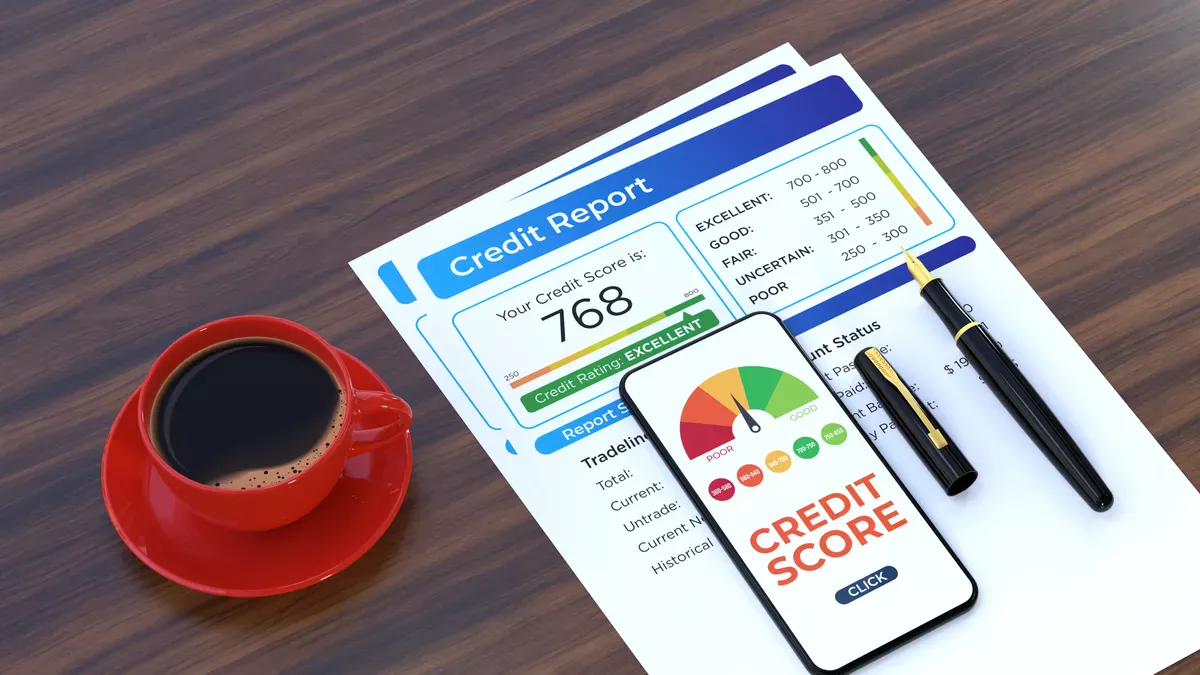A credit report is an essential document that provides detailed information about an individual or business’s financial history. It is used by lenders, banks, and other institutions to assess creditworthiness.
While most people are familiar with personal credit reports from agencies like Equifax or TransUnion, the term FPB credit report refers to a specific type of credit report often used in specific regions or industries.
This article aims to clarify what an FPB credit report is, its significance, and how it differs from other types of credit reports.
What Is an FPB Credit Report?
An FPB credit report typically refers to a First Philippine Bank (FPB) credit report, though the acronym may also be used in other contexts depending on the region. The FPB report is generally tied to credit information for individuals or businesses within the Philippine banking system, helping financial institutions and lenders evaluate the creditworthiness of potential borrowers.
This type of report includes details such as:
- Credit accounts (loans, credit cards, etc.)
- Payment history
- Outstanding balances
- Credit limits
- Public records (bankruptcies, legal judgments)
FPB credit reports serve as a comprehensive tool for assessing financial responsibility, enabling creditors to make informed decisions about lending or extending credit.
Why Is an FPB Credit Report Important?
The FPB credit report plays a crucial role in the lending process, particularly in regions like the Philippines. Financial institutions rely on this data to decide whether to approve loan applications, issue credit cards, or offer lines of credit. Here’s why it’s important:
1. Risk Assessment for Lenders
Lenders need to determine whether an individual or business is a low or high credit risk. The FPB credit report provides a complete picture of the borrower’s credit habits, allowing financial institutions to assess the risk before issuing loans or credit.
2. Impact on Interest Rates
The state of your FPB credit report can significantly affect the interest rates you’re offered. Individuals with strong, positive credit reports generally receive lower interest rates, while those with poor credit histories may be offered higher rates—or be denied credit altogether.
3. Facilitating Business Growth
For businesses, an FPB credit report can be particularly valuable when seeking funding or forming partnerships. A good credit report demonstrates financial stability, which can encourage lenders and investors to offer more favorable terms.
What Information Does an FPB Credit Report Contain?
An FPB credit report includes various pieces of financial information that give insight into a borrower’s creditworthiness. Key sections include:
1. Personal Information
The report starts with personal identifying information such as your full name, address, date of birth, and contact details. For businesses, this section may include the business name, registration number, and company address.
2. Credit Accounts
A detailed list of all credit accounts, such as credit cards, mortgages, car loans, and personal loans, will appear in the report. Each account entry typically includes the creditor’s name, account number, balance, and payment history.
3. Payment History
One of the most critical sections of the FPB credit report is the payment history. This shows whether payments were made on time, missed, or late, and for how long any payments were overdue. Consistent timely payments reflect well on the borrower, while missed or delayed payments indicate financial instability.
4. Public Records
Public records such as bankruptcies, legal judgments, or liens also appear on the report. These records can severely damage creditworthiness, as they suggest that the borrower has faced significant financial difficulties.
5. Credit Inquiries
When lenders or other authorized entities check your credit report, a record of these inquiries is maintained. Too many inquiries in a short period could indicate financial distress, which might negatively impact credit decisions.
How to Obtain an FPB Credit Report
There are multiple ways to obtain your FPB credit report, depending on the specific banking institution or financial body offering the report. Generally, you can request it through the following means:
1. Directly from the Bank
If FPB credit reports are offered through a specific financial institution, like the First Philippine Bank, you can request a copy directly from them. In most cases, you will need to provide proof of identity and fill out a request form.
2. Authorized Credit Bureaus
In some regions, credit bureaus are authorized to distribute credit reports to individuals and businesses. You may be entitled to one free report per year or may need to pay a small fee for additional requests.
3. Online Portals
Many banks and financial institutions now offer online platforms where customers can view their credit reports. These portals allow users to check their credit standing and identify any errors or discrepancies that need correction.
Key Takeaways
- An FPB credit report provides detailed financial information used to assess the creditworthiness of individuals or businesses, often in specific banking systems like the Philippines.
- It includes data such as credit accounts, payment history, outstanding balances, and public records, which help lenders evaluate risk.
- Maintaining a positive credit report can lead to better loan terms, lower interest rates, and improved financial opportunities.
- Reports can be accessed through banks, authorized credit bureaus, or online portals.
Frequently Asked Questions
An FPB credit report is often region-specific, such as in the case of the First Philippine Bank, while other credit reports, like those from Equifax or TransUnion, may cater to broader or international audiences.
Yes, if you find any errors on your FPB credit report, you can contact the reporting bank or credit bureau to dispute inaccuracies. Providing supporting documents may be required.
It’s recommended to check your credit report at least once a year to monitor your financial health and detect any potential fraud or errors early on.
No, checking your own credit report does not impact your credit score. However, multiple inquiries from lenders in a short period can have a negative effect.
Negative items like missed payments or bankruptcies can stay on your report for up to seven years, depending on the type of item and local laws.
Businesses or lenders may access your credit report with your permission to evaluate your creditworthiness before offering loans, lines of credit, or partnerships.
An FPB credit report is an essential tool for both individuals and businesses in evaluating creditworthiness and securing financial opportunities. Whether you’re seeking a loan, applying for a credit card, or trying to maintain a healthy credit score, understanding and regularly reviewing your credit report is key to long-term financial success.
Read More: What Laws in Arkansas Protect Consumers from Terminix Pest Control?

Jonathan Hartley is a highly regarded senior criminal lawyer with over 15 years of experience in the UK legal system. He began his career at a prestigious law firm in London, where he specialized in both defense and criminal law. Known for his ability to craft compelling defense strategies, Jonathan has successfully represented clients in high-profile cases and earned multiple awards for his contributions to the field of law.
In addition to his legal practice, Jonathan is also an accomplished legal writer, contributing articles to top legal blogs and online platforms. His work not only provides valuable insights into legal matters but also meets Google’s E-E-A-T standards by delivering accurate, reliable, and trustworthy information to readers. Committed to legal ethics and public welfare, Jonathan actively participates in discussions on law and justice while educating the public through his writing.










